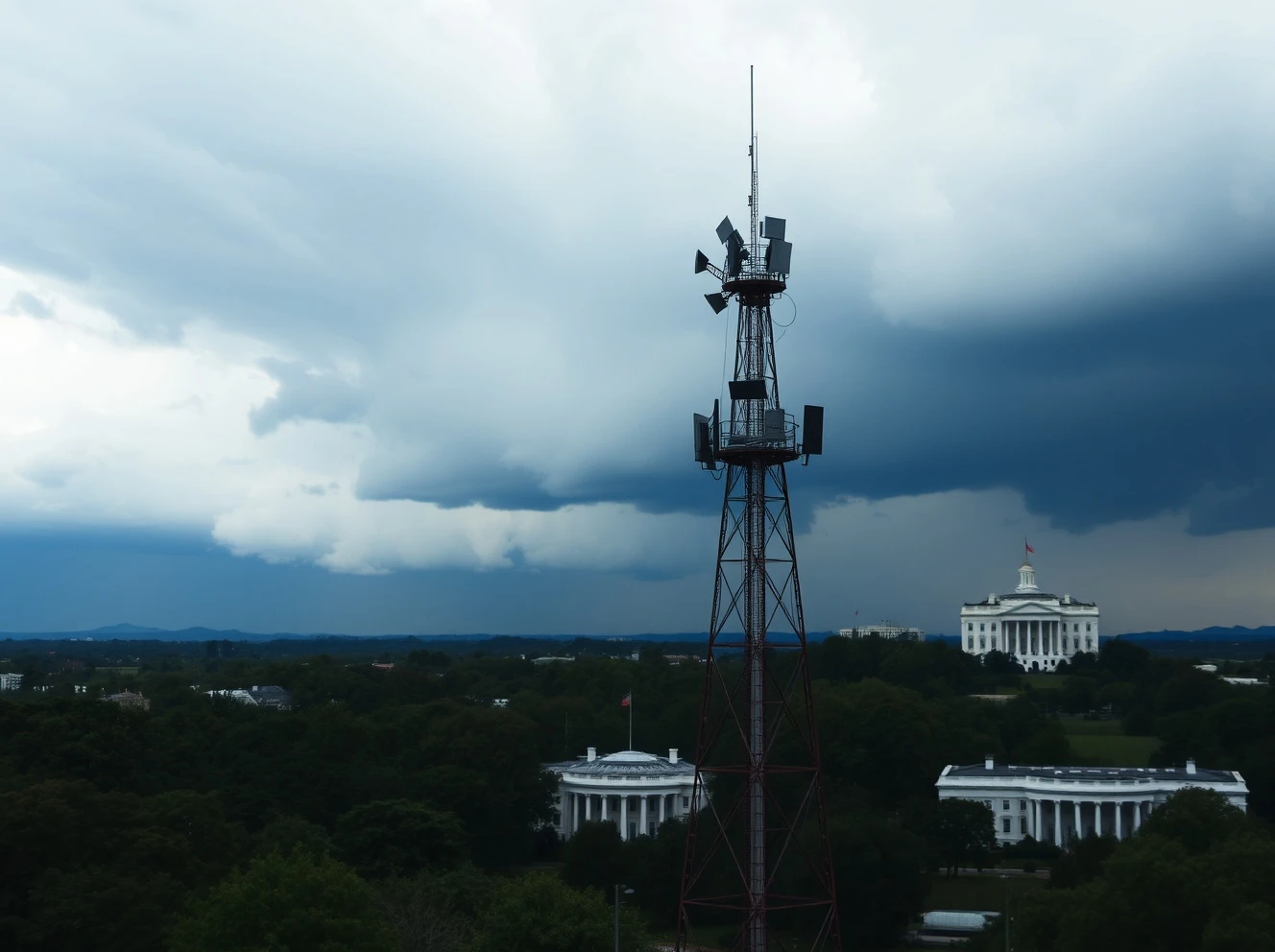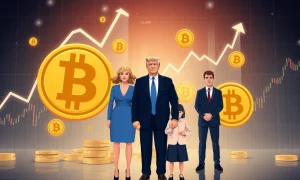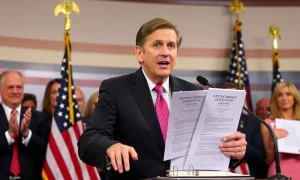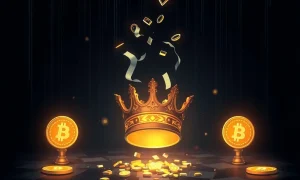President Donald Trump has ignited a constitutional firestorm by suggesting television networks critical of his administration could lose their broadcast licenses. This unprecedented threat comes amid the fallout from Jimmy Kimmel’s controversial monologue about conservative influencer Charlie Kirk’s death. The situation raises serious questions about media freedom and governmental overreach.
Broadcast Licenses Become Political Weapon
Speaking to reporters aboard Air Force One, Trump claimed that approximately 97% of media coverage about him remains negative. Consequently, he questioned whether network owners should retain their broadcast licenses. This remark represents a significant escalation in the administration’s relationship with the press.
The controversy stems from Kimmel’s recent monologue where he criticized the political reaction to Kirk’s death. Following this episode, ABC suspended “Jimmy Kimmel Live!” indefinitely. Meanwhile, FCC Chair Brendan Carr condemned the host’s remarks as “offensive and insensitive.”
Legal Experts Challenge License Threat
Constitutional scholars immediately raised alarms about Trump’s broadcast licenses suggestion. Specifically, they emphasize three critical points:
- First Amendment Protection: Revoking licenses over editorial content likely violates free speech guarantees
- FCC Authority Limits: The commission licenses individual stations, not national networks
- Regulatory Precedent: No historical basis exists for content-based license revocation
FCC Commissioner Anna Gomez, a Democrat, warned that threatening license removal constitutes an attack on free speech. She emphasized that the FCC lacks authority to penalize broadcasters for content it dislikes.
Media Industry Reacts to License Pressure
The broadcast licenses controversy has triggered widespread concern across media organizations. Local station group Nexstar announced it would stop airing Kimmel’s show. Furthermore, industry advocates accuse the administration of pushing censorship through regulatory agencies.
Former President Barack Obama joined various free-speech advocates in criticizing the move. They see this episode as part of a broader trend of political pressure on independent media. Consequently, broadcasters face increasing challenges to editorial independence.
Constitutional Implications of License Threats
The broadcast licenses debate touches fundamental constitutional principles. Legal experts point to established Supreme Court precedents protecting media freedom. Moreover, the FCC’s regulatory framework specifically prevents content-based punishment.
This situation highlights the vulnerability of media institutions in polarized political climates. Additionally, it underscores concerns about regulatory overreach and the importance of maintaining journalistic independence from government influence.
FAQs
Can the president actually revoke broadcast licenses?
No, the president lacks direct authority to revoke broadcast licenses. The FCC operates as an independent regulatory agency that makes licensing decisions based on established criteria, not political preferences.
What legal protections do broadcast networks have?
Broadcast networks enjoy First Amendment protections against content-based punishment. The FCC cannot revoke licenses simply because it disagrees with editorial content or political criticism.
How does the FCC currently evaluate license renewals?
The FCC evaluates license renewals based on technical compliance, public service requirements, and character qualifications – not editorial content or political viewpoints.
What was the immediate trigger for Trump’s comments?
The comments followed ABC’s suspension of Jimmy Kimmel after his monologue about Charlie Kirk’s death, which drew criticism from conservative groups and FCC officials.
Have broadcast licenses been revoked for political reasons before?
Historically, license revocations have involved technical violations or fraud allegations, not political content. No precedent exists for revoking licenses over critical coverage of government officials.
What are the potential consequences of this threat?
The threat could create a chilling effect on media criticism of government officials and undermine public trust in both media institutions and regulatory agencies.








